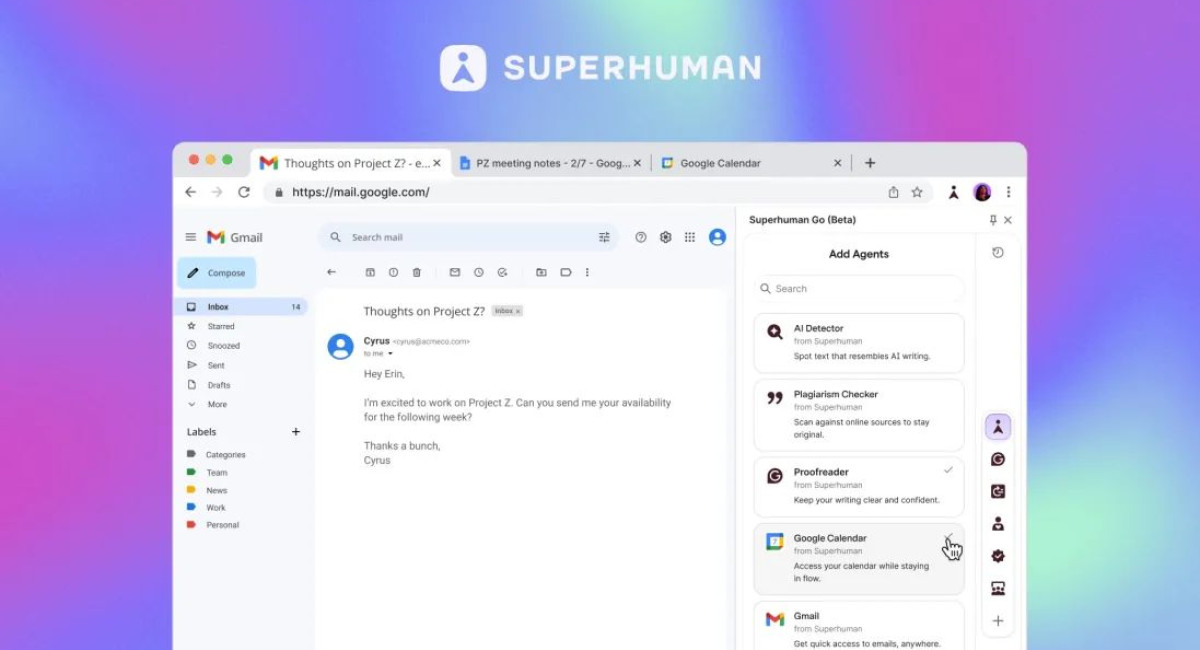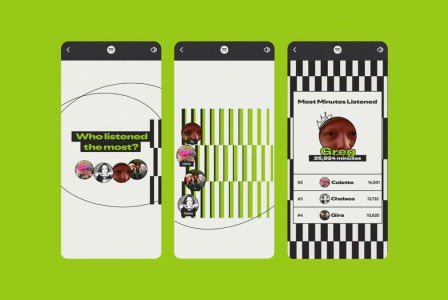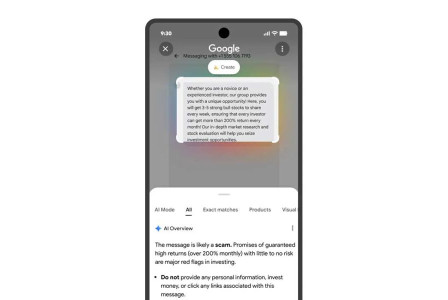SEARCH
Grammarly rebrands as Superhuman and expands into a full AI productivity suite

SHARE IT
In one of the most unexpected brand shifts of the year, Grammarly — the world’s go-to digital writing assistant — has officially rebranded itself as Superhuman. Alongside the name change, the company unveiled a bold new direction: a full-fledged productivity ecosystem powered by artificial intelligence. The newly launched Superhuman suite brings together four products — Grammarly, Coda, Superhuman Mail, and the all-new Superhuman Go — each designed to reshape the way people write, collaborate, and communicate across digital platforms.
While the rebrand might sound dramatic, Grammarly isn’t disappearing. The familiar AI-powered writing companion that millions use daily to refine their grammar and tone will remain a key component of the Superhuman ecosystem. The change, the company explains, reflects a broader mission that extends far beyond writing — toward building a unified workspace where human creativity and AI efficiency can coexist seamlessly.
For many, the move brings to mind other recent high-profile rebrands — most notably Elon Musk’s decision to transform Twitter into X. But Superhuman’s leadership insists this isn’t a case of abandoning an established identity. Instead, it’s about evolution. Grammarly’s once laser-focused mission of improving written communication has now expanded to include a full suite of tools for work, productivity, and collaboration.
At the heart of this transformation is the Superhuman suite, which comprises four key products. The first is Grammarly itself — the AI assistant that continues to refine and support users’ writing across more than a million apps and websites. Long known for catching grammatical errors and improving clarity, it now operates as a cornerstone of a much larger ecosystem.
The second product, Coda, might already sound familiar to productivity enthusiasts. Coda is an all-in-one digital workspace that merges documents, spreadsheets, and apps into a single, interactive surface. Within the Superhuman suite, Coda plays a central role in streamlining teamwork and automating routine processes. For example, it can automatically take meeting notes, extract key decisions, and create action items for each team member without human intervention.
Then comes Superhuman Mail — the email client the company acquired in July. This AI-native email platform has already earned a reputation for helping busy professionals manage overwhelming inboxes. Its advanced features allow users to organize their mail intelligently and even draft responses in their own distinctive writing style. Now, integrated into Superhuman’s broader ecosystem, it becomes even more powerful, pulling in contextual information from tools such as CRMs or task managers to make every message more informed and efficient.
Finally, there’s the newest and perhaps most ambitious addition: Superhuman Go. Described by the company as a “team of AI agents,” Go represents a proactive layer of artificial intelligence that performs useful tasks without needing to be asked. It acts almost like an invisible digital colleague — anticipating needs, surfacing relevant data, and suggesting next steps before the user even realizes they’re necessary.
Imagine drafting an email and having Go automatically retrieve a customer’s account history from Salesforce, highlight unresolved support tickets, or flag potential follow-ups — all in real time. This kind of anticipatory assistance is powered by the Superhuman Agent Store, which includes AI “agents” built by a variety of partners such as Common Room, Fireflies, and Quizlet, in addition to Grammarly’s own lineup introduced earlier this year.
Superhuman’s new Pro plan begins at $12 per member per month when billed annually. Current Grammarly Pro subscribers, however, are being given an early advantage: they’ll gain full access to all new features — including Superhuman Go — at no additional cost until February 1, 2026. This limited-time inclusion serves as both a loyalty reward and an incentive for existing users to explore the expanded platform.
While the new suite brings together products that already had strong individual followings, the true innovation lies in how these tools interact. By tightly integrating writing, communication, and collaboration, Superhuman is positioning itself as more than a collection of apps — it’s an ecosystem where each part enhances the others.
From a strategic perspective, this rebrand signals a clear ambition: to move from being a writing tool to becoming a comprehensive AI productivity platform capable of competing with giants like Microsoft and Google Workspace. It’s a bold move, especially considering that Grammarly’s original name had near-universal recognition, particularly among students and professionals.
MORE NEWS FOR YOU

 Help & Support
Help & Support 

